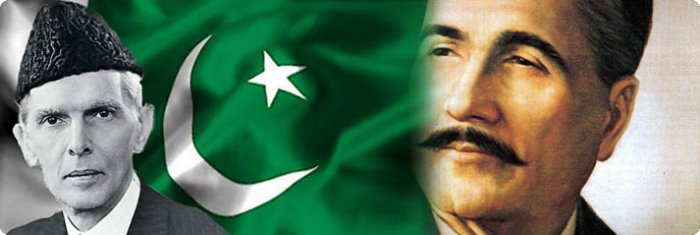
Father of the Nation Quaid-i-Azam Muhammad Ali Jinnah's achievement as the founder of Pakistan, dominates everything else he did in his long and crowded public life spanning some 42 years.
Yet, by any standard, his was an eventful life, his personality multidimensional and his achievements in other fields were many, if not equally great. Indeed, several were the roles he had played with distinction: at one time or another, he was one of the greatest legal luminaries India had produced during the first half of the century, an `ambassador of Hindu-Muslim unity, a great constitutionalist, a distinguished parliamentarian, a top-notch politician, an indefatigable freedom-fighter, a dynamic Muslim leader, a political strategist and, above all one of the great nation-builders of modern times. What, however, makes him so remarkable is the fact that while similar other leaders assumed the leadership of traditionally well-defined nations and espoused their cause, or led them to freedom, he created a nation out of an inchoate and down-trodden minority and established a cultural and national home for it. And all that within a decade. For over three decades before the successful culmination in 1947, of the Muslim struggle for freedom in the South-Asian subcontinent, Jinnah had provided political leadership to the Indian Muslims: initially as one of the leaders, but later, since 1947, as the only prominent leader- the Quaid-i-Azam. For over thirty years, he had guided their affairs; he had given expression, coherence and direction to their legitimate aspirations and cherished dreams; he had formulated these into concrete demands; and, above all, he had striven all the while to get them conceded by both the ruling British and the numerous Hindus the dominant segment of India's population. And for over thirty years he had fought, relentlessly and inexorably, for the inherent rights of the Muslims for an honorable existence in the subcontinent. Indeed, his life story constitutes, as it were, the story of the rebirth of the Muslims of the subcontinent and their spectacular rise to nationhood, phoenixlike.phoenixlike
Allama Iqbal, was a poet, philosopher, and politician, as well as an academic, barrister and scholar in British India who is widely regarded as having inspired the Pakistan Movement. He is considered one of the most important figures in Urdu literature, with literary work in both theUrdu and Persian languages
